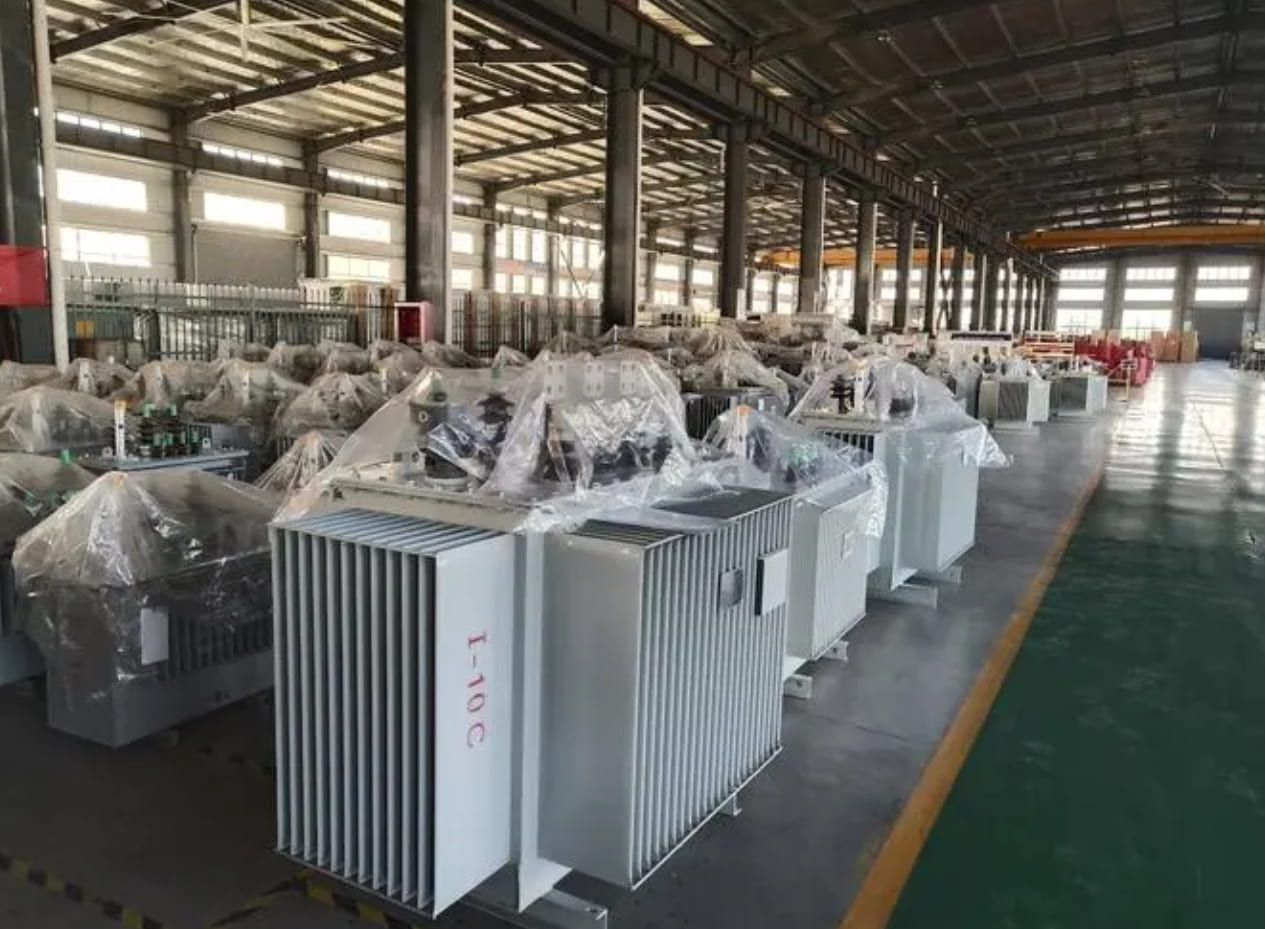Email :sales@beondt.com
Transformers
Transformers can convert any value of voltage into the voltage value we need with the same frequency to meet the requirements of energy transmission, distribution, and use. Widely used in national power grid, transportation, urban construction, petrochemical industry and other places.
Types of transformers
From voltage classification: there are low-voltage transformers, high-voltage transformers, and ultra-high voltage transformers;
Classified by structure: there are double winding transformers, multi winding transformers, split transformers, and autotransformers;
Classified by cooling methods: there are air-cooled transformers, oil cooled transformers, and water-cooled transformers (very rare);
From the classification of insulation media: there are oil immersed transformers, dry-type transformers, and gas insulated transformers;
Classified by phase number: there are single-phase transformers, three-phase transformers, and split transformers;
Classified by purpose: There are power transformers, specialized power transformers, voltage regulating transformers, measuring transformers (voltage transformers, current transformers), small power transformers (used for small power equipment), and safety transformers.
How to choose a transformer
Firstly, it is necessary to investigate the power supply voltage of the place where the electricity is used, the actual electricity load of the user, and the conditions of the location. Then, refer to the technical data indicated on the transformer nameplate to select one by one.
How to determine the reasonable capacity of a transformer?
Generally, transformer capacity, voltage, current, and environmental conditions should be considered comprehensively. The selection of capacity should be based on the capacity, nature, and usage time of the user's electrical equipment to determine the required load, in order to select the transformer capacity.
During normal operation, the transformer should withstand an electrical load of approximately 75-90% of its rated capacity. When the actual load borne by the transformer during operation is less than 50%, the small capacity transformer should be replaced. If it is greater than the rated capacity of the transformer, the large transformer should be replaced immediately.
At the same time, when selecting a transformer, the primary coil voltage value of the transformer is determined based on the line power supply, and the secondary coil voltage value is selected based on the electrical equipment. It is best to choose a low-voltage three-phase four wire power supply. This can provide both power and lighting electricity simultaneously.
When selecting the current, it is important to ensure that the load meets the requirements of the motor during start-up (as the starting current of the motor is 4-7 times higher than during sinking operation).

Our hours
Mon to Fri: 9 AM - 7 PM (GMT+8)